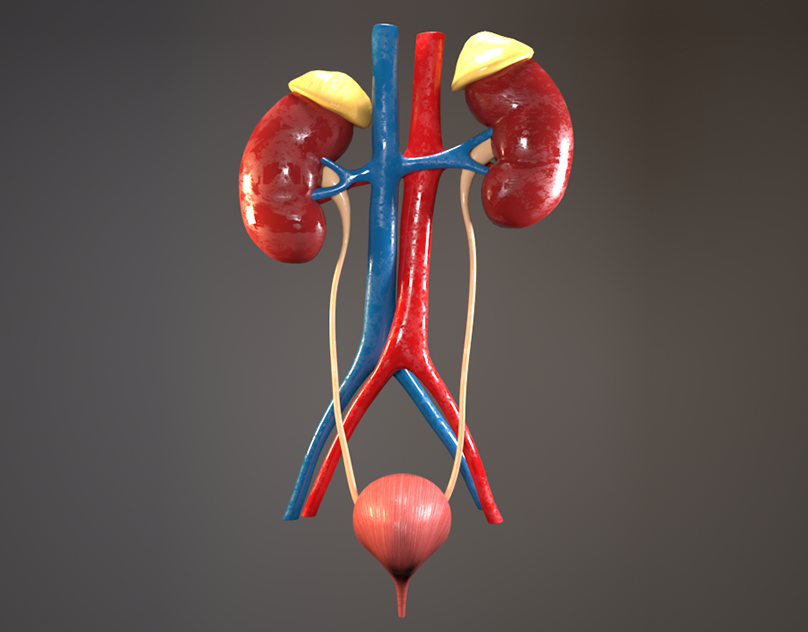
Types of Diabetes: Causes, Risks & Key Differences
April 2, 2024
Diabetes mellitus is a chronic, lifelong disorder that occurs due to a number of conditions and factors. It affects people who have a high blood glucose/sugar level. Although glucose is essential to provide energy to the body, it needs to be carried in the bloodstream by a hormone called insulin that is produced by the pancreas. If glucose is not transmitted throughout the body due to the absence of insulin, then the glucose content gets accumulated in the blood. Hence, if insulin is either absent or present in a limited quantity, then the person is prone to develop diabetes at any given stage.
It’s important to understand the types and causes of this chronic ailment, especially since diabetes can be unavoidable for most people especially if one is obese or with a family history of diabetes coupled with other health factors.
There are three types of diabetes.
Type 1
Type 1 diabetes, also called as Juvenile-onset diabetes, is most predominantly found among kids and teenagers. It occurs when the body attacks its own pancreas with antibodies, thereby, damaging the pancreas and resulting in the inability to produce insulin. Another reason could be due to the presence of faulty beta cells – that which the pancreas needs to produce insulin. These are the reasons why Type 1 diabetes is known to be completely insulin-dependent and can be administered only through injections or insulin pumps.
Also Read: Healthy Eating

Type 2
The most common form of diabetes presents itself in Type 2. Over 95% of adults are diagnosed with this form, causing major health issues if not treated properly. With type 2, the pancreas produces insulin but not in a sufficient quantity or the insulin produced gets repelled by the body cells. This mainly occurs in people who are obese and have insulin resistance. Type 2 is said to be less complex and aggressive to Type 1, but nonetheless, diabetes in any form can be dangerous if not controlled by medication, and can lead to death.
Also Read: Healthy Diet For Diabetes
Type 3
The last form of diabetes occurs in pregnant women, mostly in their middle to last terms, and is known as Gestational diabetes. This type is caused by the hormonal changes and metabolic demands of pregnancy together with genetic and environmental factors. The high blood sugars present in the mother get circulated in the placenta and might affect the baby. But the good news is that this type of diabetes is only temporary and will fade away post-pregnancy. However, studies show that around 10% of women with gestational diabetes develop Type 2 diabetes later on after childbirth.













